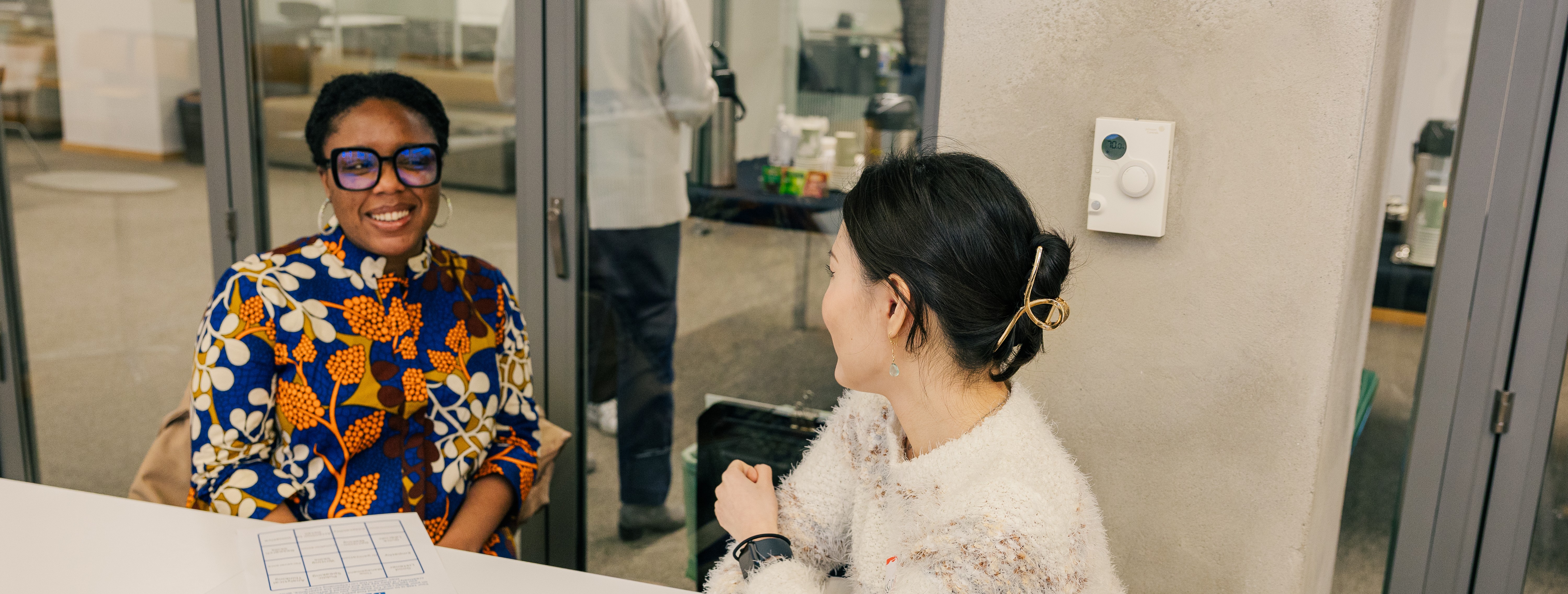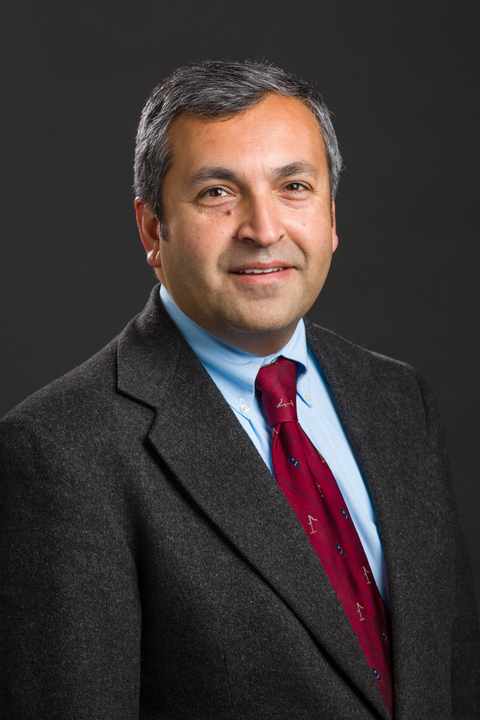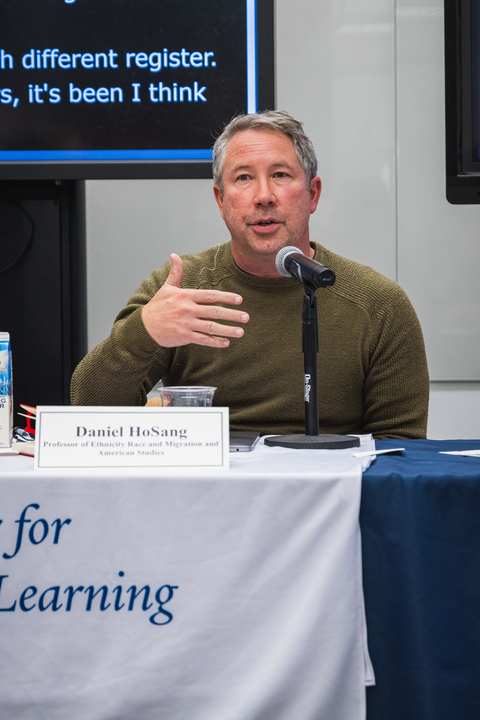Overview
The Poorvu Center Faculty Fellows Program is a year-long opportunity for 1-2 faculty leaders from across disciplines to foster discussions on teaching and learning and promote equitable teaching practices.
The Faculty Fellows complement the Poorvu Center’s existing educational development offerings by facilitating sessions for their colleagues who engage in conversations related to equitable pedagogies. As ambassadors with insight into the Poorvu Center’s programming, the faculty fellows will also inform the Center’s future priorities and offerings for faculty, departments, and schools.
For the 2025-2026 academic year, the Poorvu Center welcomes Faculty Fellow:
- Mayur Desai, Professor of Epidemiology (Chronic Diseases) and Associate Dean for Community and Practice
If you would like to nominate a colleague or self-nominate to be a Faculty Fellow for the 2026-2027 academic year, please contact the Teaching Development and Initiatives team.


